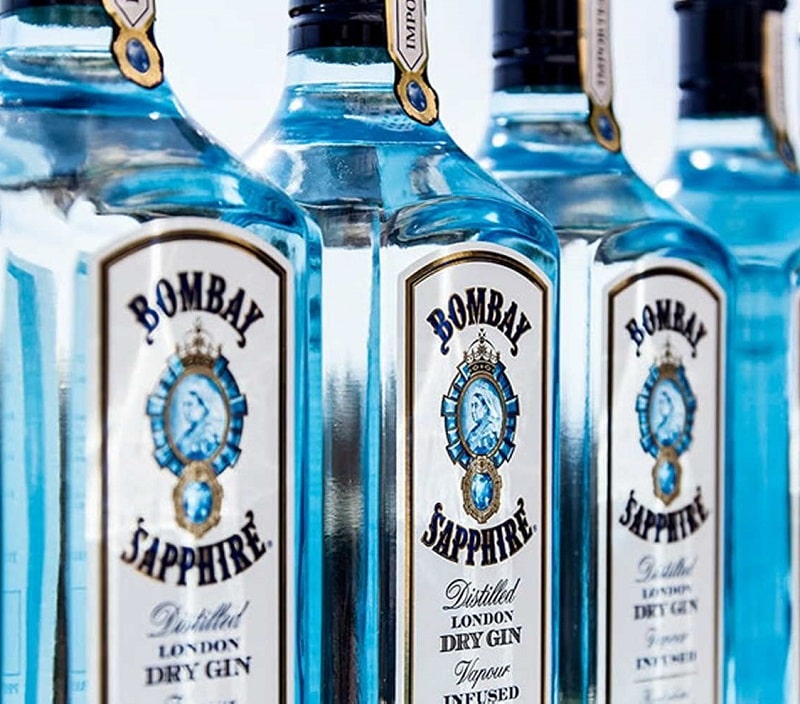Origin of Gin
The origins of gin can be traced back to the distant eleventh century and the Netherlands. In those distant times juniper tinctures first emerged in the monasteries of the Netherlands, mainly used for medicinal purposes. The first gin recipe presented in printed form became popular in the 17th century thanks to Dr. Francis Sylvius. But as it became known, contrary to popular misconception, he was not its inventor, as he was under 10 years of age when the drink first appeared.
Genèveur – what kind of alcohol is it?
Genever is a Dutch gin which enjoys enormous popularity in its homeland. It is produced in large stills by distilling cooked grain wort. Juniper berries are added along with various spices. The addition is made directly into the finished brew before the distillation begins. The production of London gin involves the second distillation of an infusion of the pure spirit which is the main difference between the two types of spirit produced.
Only Belgian and Dutch-produced gin vodkas are considered to be gins. A similar drink produced in another territory will have a different name. After 3-4 distillations Belgian juniper vodka is bottled or matured in special oak barrels. As a result, the alcohol has a very rich, pleasant taste. Genever is sweeter and milder in comparison with British gin. At the same time it has a large number of aromatic additives and a variety of spices.

History of the origins of gin in England
When talking about gin it refers to London Dry Gin, a dry juniper vodka with a 37.5 per cent proof. Even though there are very strong associations with Foggy Albion, the tincture originated in Flanders. It was first presented to English soldiers in 1585 during the Eighty Years’ War. The final entrenchment of gin in Britain occurred during the Glorious Revolution in 1688.
In those distant times low-quality wheat was used to make gin, which was not suitable for beer production. No licence was required to brew this drink, but a public declaration of intent and a waiting period of 10 days was required.
The following factors led to a sharp rise in the production of gin as opposed to ale:
- High duties on imported alcohol;
- the large number of sawmills opting for gin;
- the affordable price of gin, allowing even the poorer sections of the population to choose it.
From 1729 the production of the drink required the purchase of a licence and the payment of a 2 shillings tax on every gallon of product sold. In the autumn of 1736, as a result of the gin act, the sellers of this drink began to be heavily taxed. As a result, popular riots broke out, which led to a reduction in duties and then to their complete abolition.
Juniperberry
Unlike usual vodka or similar, this alcohol is quite easy to drink and can be used as a base for making many cocktails or other kinds of drinks. The alcohol has medicinal qualities and protects against malaria and other common tropical diseases.
Today, in addition to the classic juniper gin, thorn and prune prepared varieties are on sale. International Juniper Day has been celebrated since 2009 on the second Sunday in June.
